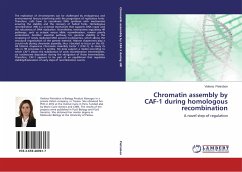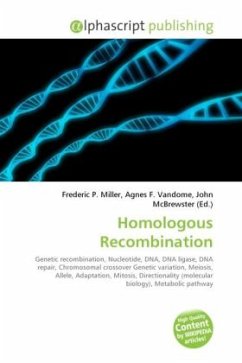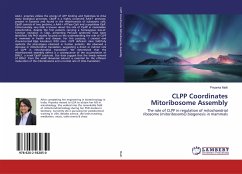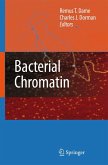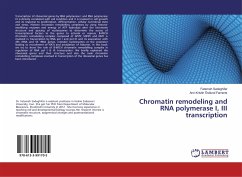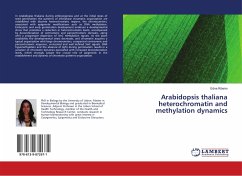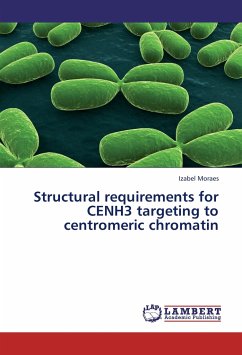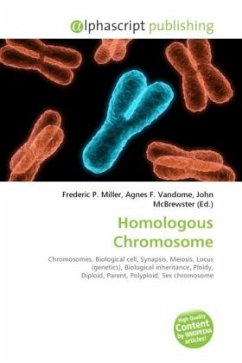The replication of chromosomes can be challenged by endogenous and environmental factors,interfering with the progression of replication forks. Therefore, cells have to coordinate DNA synthesis with mechanisms ensuring the stability and the recovery of halted forks. Homologous recombination (HR) is a universal mechanism that supports DNA repair and the robustness of DNA replication. Nonetheless, mechanisms regulating HR pathways, such as ectopic versus allelic recombination, remain poorly understood. Another essential pathway for genome stability is the wrapping of newly replicated DNA around nucleosomes, which allows the structural organization of the genetic material. Histone chaperones play a crucial role during chromatin assembly, thus I decided to focus on the H3-H4 histone chaperone Chromatin Assembly Factor 1 (CAF-1), to study its role in HR processes in S. pombe. My data support a model according to which CAF-1 allows the stabilization of early recombination intermediates, via nucleosome deposition during the elongation of these intermediates. Therefore, CAF-1 appears to be part of an equilibrium that regulates stability/dissociation of early steps of recombination events.
Bitte wählen Sie Ihr Anliegen aus.
Rechnungen
Retourenschein anfordern
Bestellstatus
Storno

